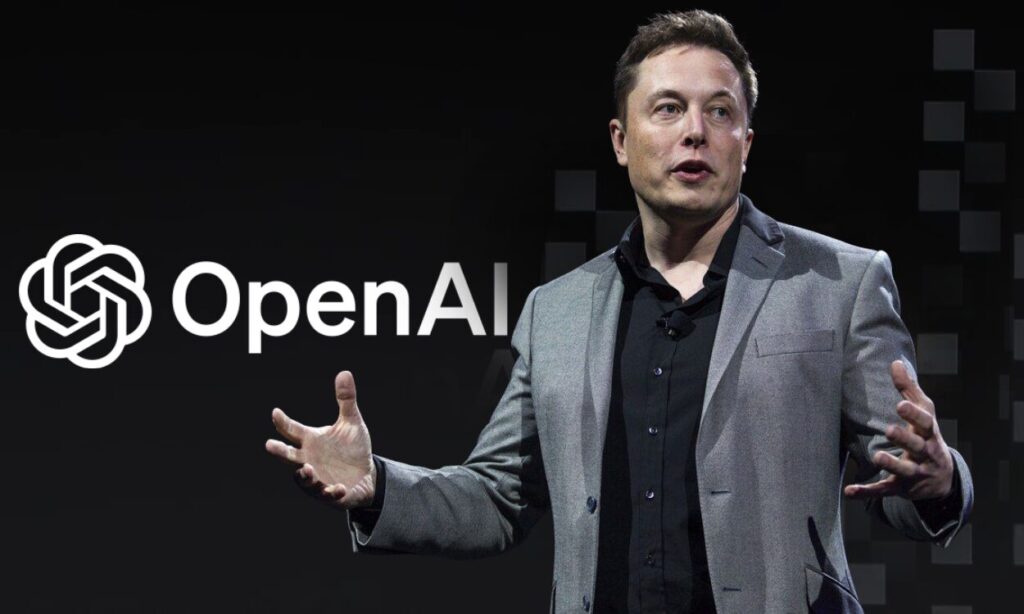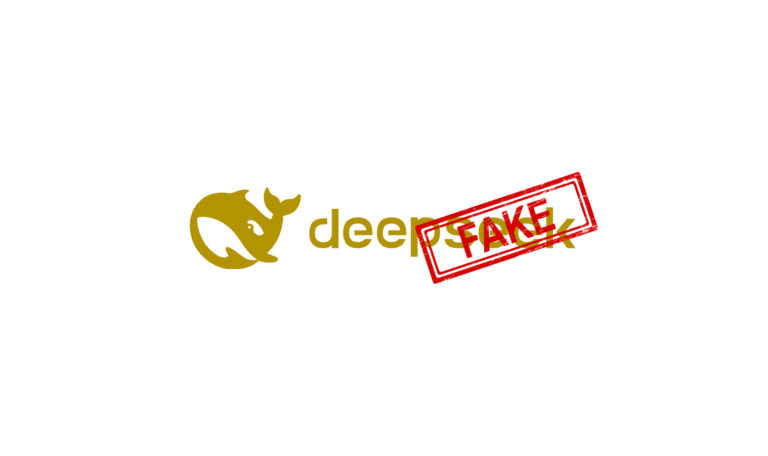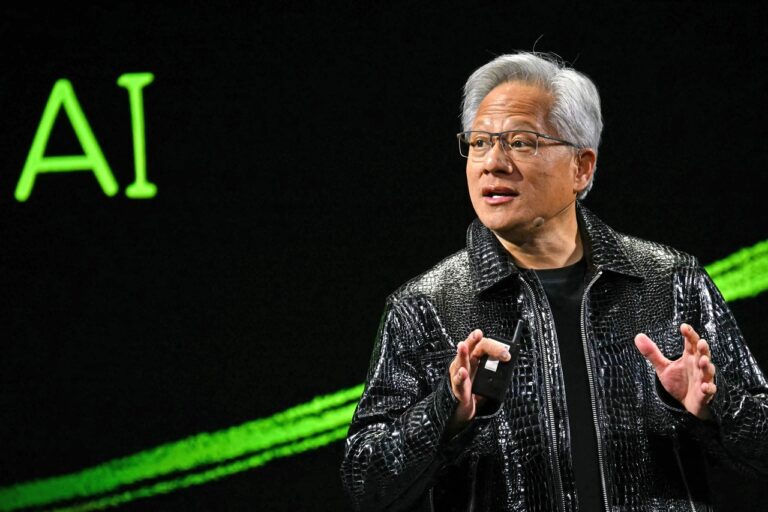
Elon Musk, the CEO of xAI, has recently proposed a $97.4 billion acquisition of OpenAI, the organization behind ChatGPT. This unsolicited bid was swiftly rejected by OpenAI’s board, which stated that the company is not for sale.
Background of the Bid
Musk’s offer was made through a consortium of investors, including firms like 8VC and Valor Equity Partners. The proposal aimed to return OpenAI to its original nonprofit status, aligning with Musk’s vision of AI development focused on safety and openness.
OpenAI’s Response
OpenAI CEO Sam Altman responded humorously to the bid, suggesting that Musk could buy Twitter for $9.74 billion if he was interested in acquisitions. The board’s formal rejection emphasized that the offer did not align with OpenAI’s mission.
Implications and Future Outlook
While Musk’s bid was rejected, it underscores the ongoing tensions between him and OpenAI’s leadership. Musk has previously criticized OpenAI’s shift towards a for-profit model, expressing concerns over its commitment to safety and openness. This development highlights the complex dynamics in the AI industry, where corporate strategies and ethical considerations often intersect.
As of now, OpenAI remains independent, continuing its mission to advance artificial intelligence responsibly. The organization has recently undertaken significant projects, including the Stargate Project, a joint venture with Oracle, SoftBank, and MGX to build an AI infrastructure system in collaboration with the U.S. government.
Wikipedia, the free encyclopedia
How Could Musk Buy OpenAI?
Although Musk’s recent attempt to acquire OpenAI was turned down, there are several hypothetical paths he could pursue to acquire the company or gain significant influence over it in the future:
1. Strategic Acquisition via Merger or Purchase
The most straightforward method of acquisition is through an outright purchase or merger. Musk could attempt to buy OpenAI through a consortium of investors, much like his recent attempt. This would involve negotiating with OpenAI’s board of directors and agreeing on a price for the company.
However, since OpenAI is a privately held company, negotiations would need to include large stakeholders—such as Microsoft, which has invested billions into OpenAI in recent years—alongside key individuals on the board. Musk could either buy out these stakeholders or negotiate a significant change in ownership structure to gain control.
2. Leveraging Tesla or SpaceX Resources
Musk could tap into the significant resources of his other ventures—like Tesla and SpaceX—to finance a buyout. This could involve a large capital raise through loans, stock issuance, or a partnership with other major tech companies interested in AI development. By leveraging Tesla’s market value or SpaceX’s potential for growth, Musk could orchestrate a deal that helps OpenAI transition into his control.
3. Influence through Strategic Investments
Musk could also acquire significant influence over OpenAI through strategic investments. For example, by increasing his ownership in the company or gaining a significant stake in OpenAI’s funding rounds, Musk could push for changes in the company’s direction or leadership. He could also encourage Tesla or SpaceX to invest in AI companies or technologies that align with his vision, effectively redirecting OpenAI’s focus toward his desired goals.
4. Acquiring AI Startups to Compete with OpenAI
In the event that an acquisition remains out of reach, Musk could also take an alternative route by focusing on developing his own AI platform that competes directly with OpenAI. Musk already has xAI, his AI startup focused on developing advanced AI systems. By acquiring smaller AI firms, Musk could create a competitor to OpenAI that he controls entirely, while also attempting to surpass OpenAI’s capabilities in the process.
5. Legal Challenges and Lobbying
If Musk becomes dissatisfied with OpenAI’s direction and feels that the organization is straying too far from its original mission, he could take a more combative approach. This could involve using his influence and legal resources to lobby for regulatory changes or potentially file lawsuits that challenge OpenAI’s current structure or management. This could create enough pressure to force a change in leadership or ownership structure, either leading to a sale or to Musk having more control.
OpenAI’s Response
OpenAI CEO Sam Altman, who has led the company since 2019, made it clear in response to Musk’s bid that the company is not for sale. Altman, who was one of the original founders of OpenAI, has led the transition into a for-profit structure. His decision to reject Musk’s offer underscores the growing divide between Musk’s vision for AI and the path OpenAI has chosen.
Implications for the AI Industry
Musk’s attempts to acquire OpenAI illustrate a deeper tension within the AI sector. On one hand, OpenAI’s current path is focused on rapid innovation and commercialization, and Musk feels that the organization’s direction increasingly prioritizes profit over safety and transparency. On the other hand, Musk’s open criticism of AI development, combined with his commitment to building “safe” AI systems, has placed him in opposition to the direction OpenAI has taken.
This conflict highlights the ongoing debate in the AI space over the balance between commercialization and ethical development. Musk’s move suggests a desire to steer AI development toward transparency and public benefit, similar to how his work with SpaceX and Tesla has focused on broader societal goals, such as space exploration and sustainable energy.
Conclusion
While Elon Musk’s bid to acquire OpenAI was rejected, it reveals his ongoing commitment to shaping the future of AI. If he is to successfully acquire OpenAI, he would likely need to negotiate a deal with stakeholders, leverage his existing business empire, or continue to build a competing AI venture. Regardless, Musk’s involvement in AI development will remain influential, and the discussion about the future of AI and its regulation will continue to evolve.


